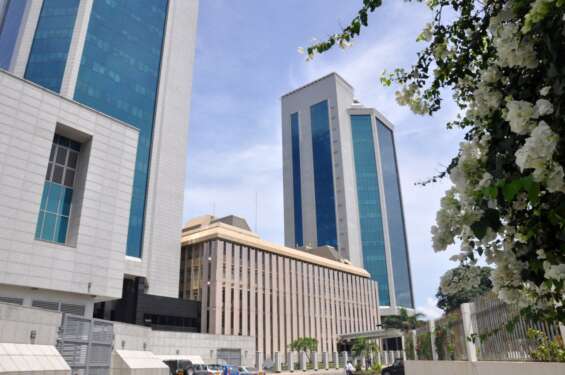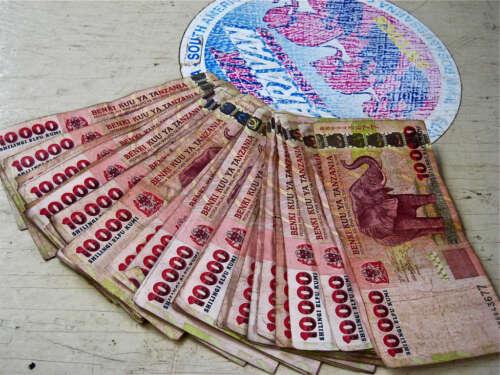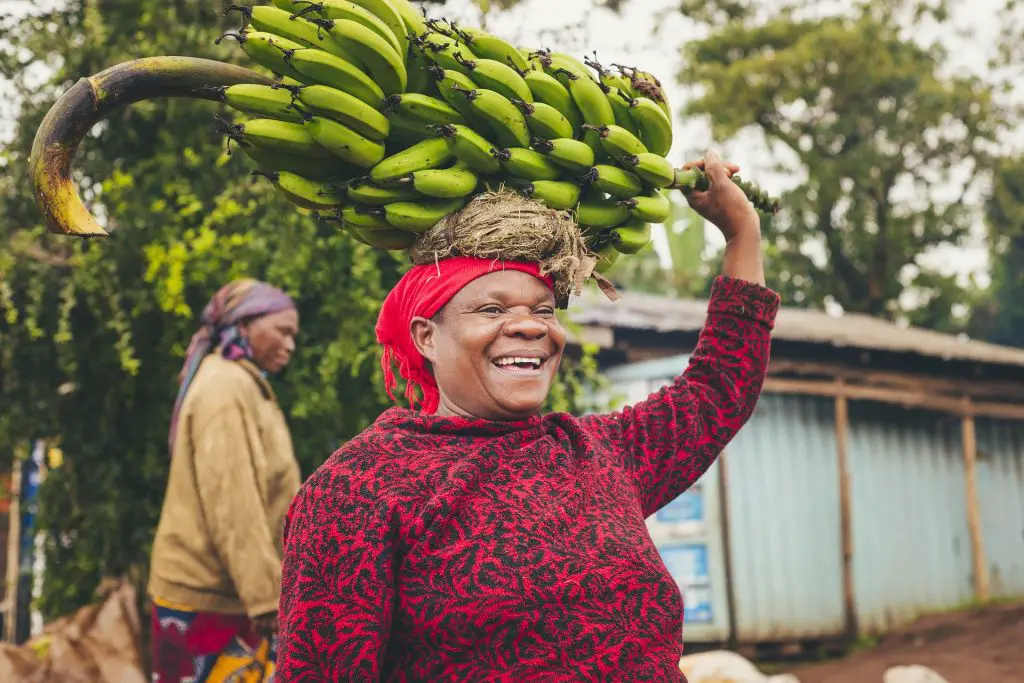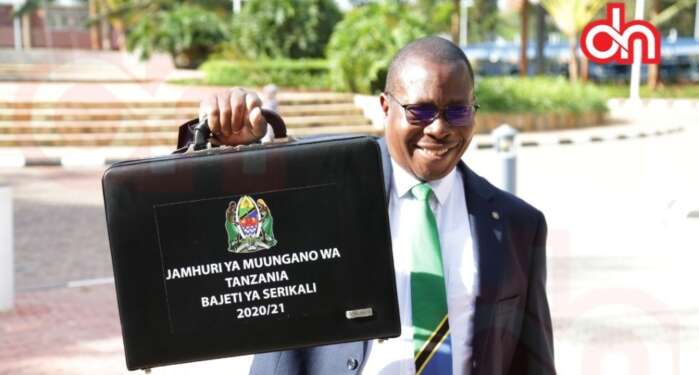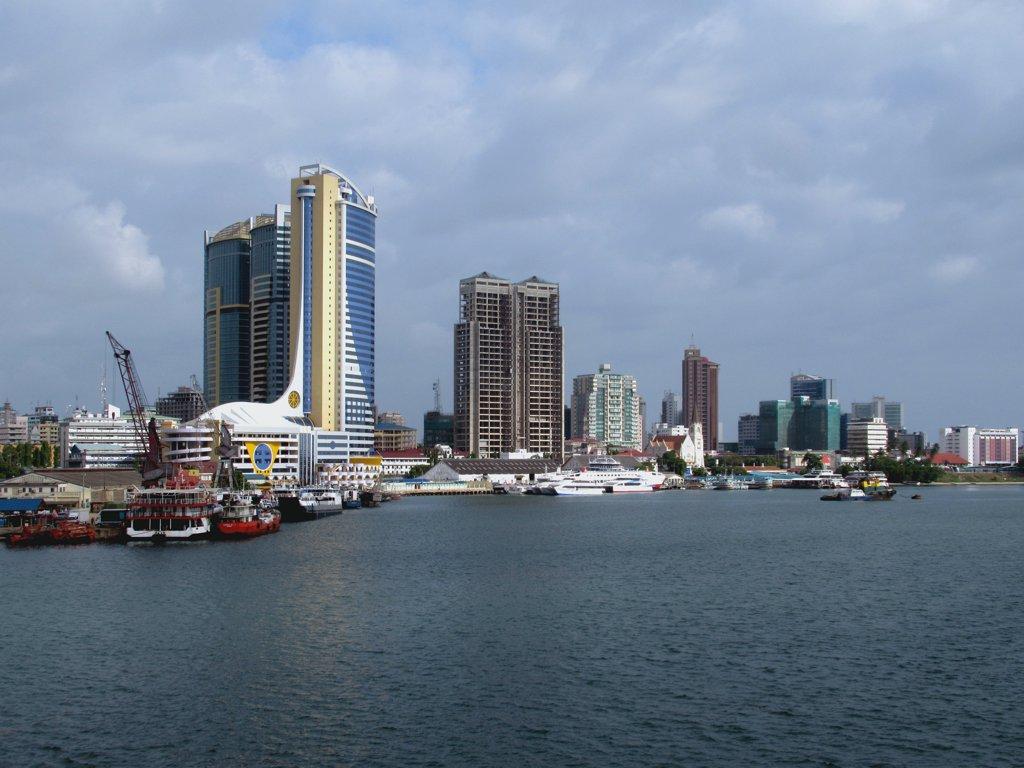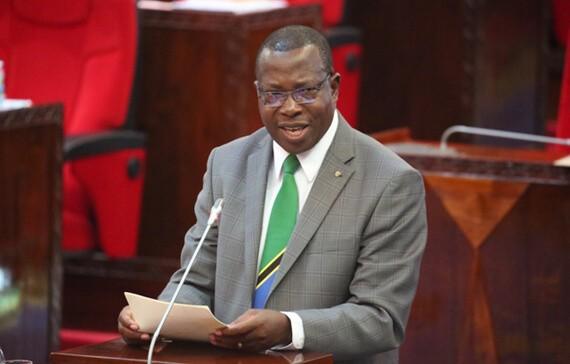- Africa’s new dawn: the rising role of digital and AI in agriculture
- Can Dangote Refinery Transform Africa Energy Ambition
- Gallup Survey: 80 per cent of Kenyan Workers Are Disengaged and Seek New Opportunities
- Madagascar Man Freed from 5KG Tumor After 15-Year Struggle
- How women in Africa are perceived and treated
- Sugar consumption in Kenya to Increase to 1.23 Million Tonnes
- Can Somalia and Turkey Oil deal Bring Change in Somaliland
- Remittances to Kenya dropped to $371.6 million in June, marking a six month low
Browsing: BoT
The central bank of Tanzania (BoT) published its January 2021 monthly economic review report, breaking down several performance aspects of various sectors including exports, imports, as well as the national debt.
Inflation
On this section of the economy, the central bank report showed the year-on-year headline inflation remained moderate at 3.2 per cent in December 2020, compared to 3 per cent in the earlier month.
The report argued that the changes occurred due to price-driven onto food and non-food items. On the overall basis, the inflation rate was within the regional benchmarks as well as below the country medium-term target of 5.0 per cent.
“On month-to-month headline inflation increased to 0.8 per cent in December 2020 compared to 0.3 per cent in the previous month and 0.6 per cent recorded in the corresponding period in 2019” the report noted.
However, the bank report highlighted that inflation is projected to remain …
Tanzania central bank last week produced a monthly economic review for December 2020, which depicted rather a range of issues, for instance on revenue performance being broadly in line with the 2020/2021 target.
Inflation
According to the recent report, the annual headline inflation slightly eased to 3.0 per cent in November 2020 from 3.1 per cent in the preceding month. The central bank argues that this was largely attributed to the slowdown in food inflation, stable exchange rate and moderate oil prices in the world market.
Hence, the inflation rate remains within the regional benchmarks and is below the country medium-term target of 5 per cent.
“On a month-to-month basis, headline inflation increased to 0.3 per cent in November 2020 compared to a rate of negative 0.1 per cent in the previous month and 0.5 per cent recorded in the corresponding period in 2019. Inflation is projected to remain in …
Central Bank of Tanzania
Tanzania Central Bank (Bank of Tanzania) has released it’s monthly economic review bulletin for September 2020, earlier this week, which displayed rather a good prospect for Tanzania’s economy.
The bulletin comes within the same week, when the central bank’s Monetary Policy Committee (MPC) affirmed that Tanzania’s economy will grow by 5.5 per cent in 2020, according to information from The Citizen.
Further, the team noted that—the bank’s accommodative monetary policy was being implemented in a fashion that macroeconomic indicator remained positive, despite the impact of coronavirus (COVID-19) on the global economy.
However, the monthly economic review depicted inflation at a lower level, while exports and foreign exchange reserves remained rather adequate.
Inflation
The report showcased the headline inflation at a stabilized point, standing at 3.3 per cent in August 2020. On a comparison basis, inflation is at a much lower point—than 3.6 per cent in August …
The quarterly economic bulletin published by Bank of Tanzania (BoT) has provided promising prospects for Tanzania’s fast-growing economy.
The Q2 report for the period ending June 2020 recorded satisfactory performance in a few sectors despite the coronavirus grip.
In the reporting period, real gross domestic product grew by 5.7 per cent which is slower than 6.3 per cent in the corresponding quarter in 2019. In the same period, Tanzania attained a lower-middle–income status as categorized by the World Bank.
According to the central bank’s bulletin, construction, agriculture, transport and storage, mining and quarrying sectors all together were accountable for the 60 per cent mark on growth.
As Tanzania keeps its mast strong amid fears of the virus, the BoT bulletin depicts inflation was sustained, while monetary policies and enhanced liquidity were responsible for cushioning the financial sector from COVID-19 …
The monthly economic review produced by the Tanzania central bank (BoT), depicted rather positive prospects of the economy, such as inflation, fuel prices and food stocks, despite the grim grip of the coronavirus (COVID-19), which hurt several sectors of the economy.
The report published on Tuesday, marking the financial year ending June 30, 2020, also displayed good performance of the exports, foreign exchange reserves and interest rates.
Revenue collection
Government budgetary operations took a slight hit, as the domestic revenue collection performed below the target due to the virus grip, standing at almost $559,000.
“However, the collection was higher than in the corresponding %54.4 million and an increase of $ 867.1 million from the end of the preceding month and the corresponding month of 2019, respectively. Much of the external debt stock was central government at 78.2 per cent” the monthly review noted.
Domestic financial markets
According to the central …
Tanzania Budget 2020/2021
The Tanzanian Minister of finance and planning, Dr Philip Mpango brought the fifth government’s revenue and expenditure estimates for the year 2020/2021 before the parliament, and around $15 billion was the requested budget to be endorsed.
The anticipated document—which is also the fifth national budget under President John Magufuli administration, was somewhat a mix of recovery from COVID-19 economic shocks, a progression of development initiatives and a rather relief to several sections of the economy, including scratching off some levies and giving income earners relief.
“The year 2019/20 is ending with unexpected circumstances resulting from the destruction of transport infrastructure caused by heavy rains/floods across the country as well as the Covid-19 pandemic. The government is compelled to allocate more resources.,” Finance and Planning Minister Philip Mpango told Parliament yesterday
Also, as Tanzania reopens its economy after assessing the trend of the pandemic, the minister said that …
The central bank of Tanzania’s (BoT) monthly economic edition of April 2020, has indicated that the impact of the coronavirus (COVID-19) on the economy became visible in March and April 2020 as Tanzania’s trade partners intensified the limit to spread of the virus.
Inflation
According to the report, inflation rate remained low amidst the economic challenges caused the virus containment measures adopted to limit the spread of the COVID-19. The overall inflation remained low to 3.4 per cent in March 2020 from 3.7 per cent in February 2020.
The decrease was driven by both food and non-food inflation, hence—the report argued that “the latter having a significant impact because of large weight in the consumer basket”
The edition noted that, on the month to month overall prices rose by 1.1 per cent in March 2020 compared to 1.4 per cent in the same month last year.
“Headline inflation is projected …
The Bank of Tanzania (BoT) has aligned various approved policy measures necessary for rescuing the economy from gruesome effects of the Coronavirus (COVID-19), which has already demonstrated its impacts by destabilizing the tourism and aviation sector in Tanzania.
The bank announced the new move on Tuesday, through a statement.
As Tanzania still records nearly 500 confirmed cases and 16 deaths, the central bank’s Monetary Policy Committee (MPC), which met on 8 May 2020, agreed on the measures to “safeguard the financial sector stability and continue facilitating the financial intermediation process” according to the central bank’s statement.
How local banks get saved
Tanzanian business shutdown and some worrying about their loan repayment schedules, the central bank has emerged with a rather customized solution to aid the banking and business community in that manner.
The bank has urged banks and other financial institutions to assess financial challenges faced by borrowers triggered …
The falling price of crude oil spells good favour for importers in Africa. The price of crude has been on a steady drop despite attempts by producers to cut output. As a result, many African countries are taking advantage of the situation and stock piling their reserves.
Take for instance the case of East Africa, crude oil represents more than 20 percent of Tanzania’s annual imports. So a drop in price of crude means the country can afford to buy more and reserve for future use. However no official report has been issued as to the government policy on the matter.
The issue that arises here is the matter of crude versus refined oil. Africa, Tanzania included, imports refined oil which is more costly than crude but with falling prices of crude then follows that even the price of refined oil has taken a dive
As such, the country is …
The Bank of Tanzania (BoT) released its monthly economic report for the November edition, which encompasses the export and import sector performance, of which the report indicates a decent growth and a substantial fall in cashew nuts exports.
Export
Per the report, the value of goods and services exports grew by 10.3 per cent which is over $9.4 billion in the year ending October 2019, this is higher compared to the previous report which showed a 5.2 per cent rise.
The rise is attributed to the performance of the services receipts and non-traditional goods exports. The exports of the non-traditional goods amounted to over $4.1 billion from $3 billion in the corresponding period of 2018.
Just like in the performance of the year ending September 2019, the report argues that all major categories of non-traditional goods exports grew except re-exports and fish products,
Following that period, the value of gold …





